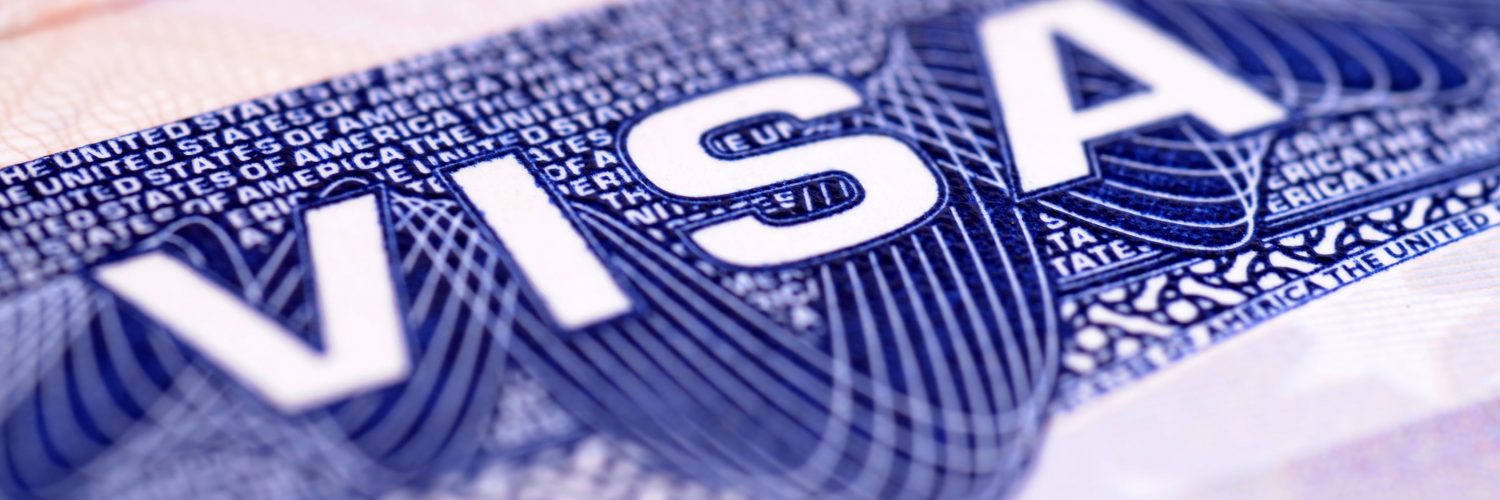The United States Senate passed an Act on 30th September, which enables its immigration bureau to process more visa categories rapidly, including employment authorisation papers and a couple of green card categories.
Bill HR 8377 grants funding to allow the administration to continue to operate till 11th December. The Emergency Stopgap USCIS Stabilization Act is a part of the Bill that allows the USCIS ( United States Citizenship and Immigration Services) to charge extra for premium processing of visas and expands it to cover more categories. USCIS relies entirely on fee income and has been trying to get a bailout to allow it to continue to function due to a drop in the visa fees because of the Coronavirus pandemic.
On the early morning of 1st October, the US President Donald Trump signed a Bill, which was passed by the US House of Representatives earlier, into a law. The Bill that was signed is different from the Final Rule because the Final Rule is proposing an increase in visa fees from 2nd October. However, the Final Rule was blocked by a US Federal Court on Tuesday nationwide.
Poorvi Chothani who is a managing partner at immigration law firm LawQuest said, “This would help H4 EAD applicants as they can now apply for premium processing”. As of now, processing employment documents for spouses of H-1B visa holders (H4 visa) can take as much as six months, during which time they cannot be employed in the United States. The option to apply for premium processing would reduce the processing time to under 30 days. The exact fees would be determined by the USCIS and it would be under $1,500. The new Bill also permits USCIS more flexibility in how it can use the income.
Bill HR 8377 also allows for extending premium processing to green cards under the EB-1C category, which applies to multinational executives. Several applicants from India are in the United States on an L-1 visa and would benefit from this inclusion.
Rajiv S Khanna, managing attorney at immigration.com. said, “While the inclusions are welcome, the guarantee is not for final approval or denial but their decision making the first time around,”. “They often send back a request for evidence and after we respond, they have another 30 days to respond,” he said.
The premium processing fee amount for categories where it is already available, like H-1B and L-1 visas, has been increased from $1,440 to up to $2,500. The fee charged for normal processing of visas remains unchanged.


















Add comment